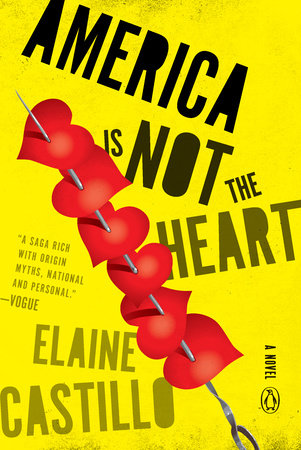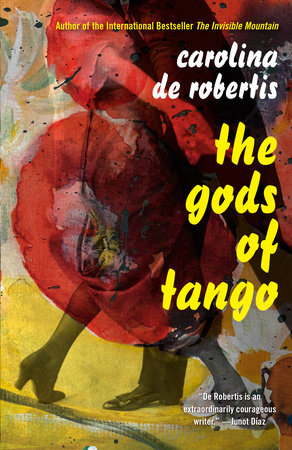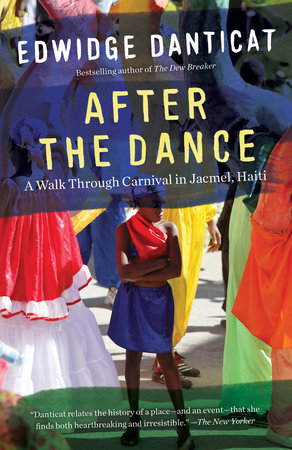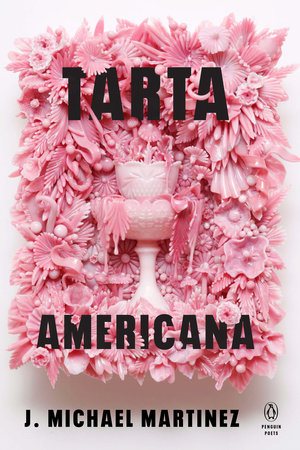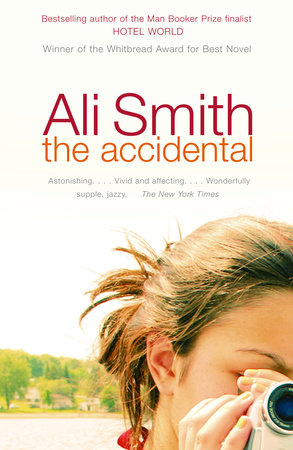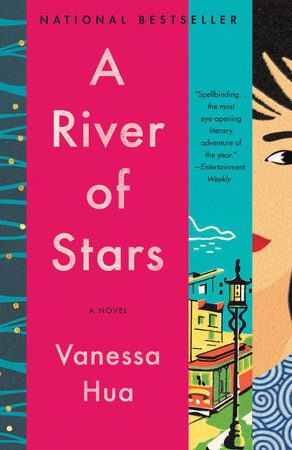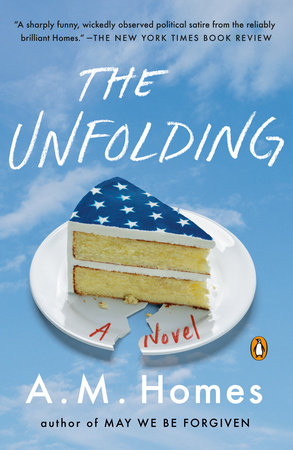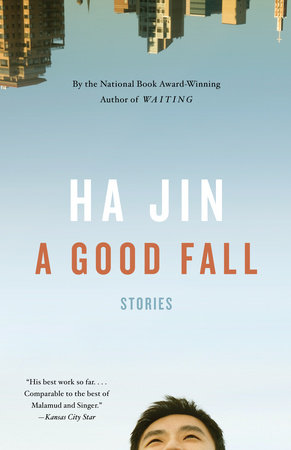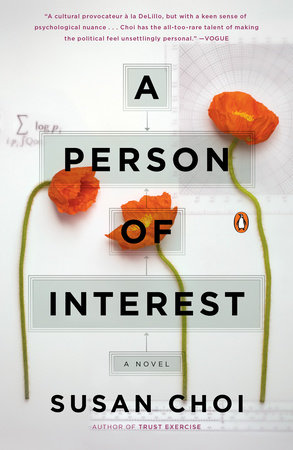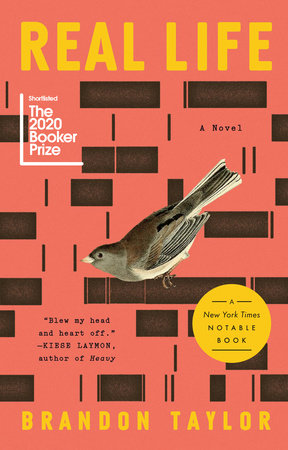This novel is a beautiful example of how the personal is political, and that for many, politics can’t be unraveled from intimate, everyday life. Did you set out to write a political book, or is it the nature of the narrative?
Yeah, I’m one of those cats that believes all art is political, even (or especially) the art that insists on political neutrality or claims to transcend politics altogether.
I’ve written a book that’s in part about a former New People’s Army rebel, a book about people who’ve survived the Marcos dictatorship, about queer immigrant women, so it’s relatively easy to point and say: Such and such things are the political aspects of the book. But I don’t really subscribe to that idea. The book is in part a portrait of a former Communist insurgent, and as such there are things in the book that fall in line with that genre we call political art: social history, reflections on power, discussion of geopolitical landscapes. But what I’m even more interested in is the textured, daily minutia of the years she lives out in the book’s present as an exile in America. The things Hero experiences as a newcomer to the Bay Area—taking a cousin to school, cleaning a house, working at a restaurant, falling in love—provide no less vital (or political) examples of the kind of radical community-building and cooperative principles that shaped her life in the NPA.
When it comes to political art as genre and aesthetic, I’m always conscious of the narrow, gendered assumption that “serious” political content is about war, empire, and history. There is no lack of war or colonial history in the book. But it’s equally important to me that a young, queer, Bay Area Pinay’s relationship to makeup artistry, or a former NPA insurgent’s feelings about romance manga, could also bear significant political resonance—which is to say, could also be as alive to our civic selves as to our private souls.
Your characters often have to make hard decisions that wealthier, more privileged citizens might not have to. How does immigration status create a ripple effect around the tragedies these characters encounter?
My parents were immigrants, and there were close members of my family who were undocumented in the seventies and eighties. I was always struck by the normalcy. I think there’s a tendency to dramatize and catastrophize when we talk about immigration, and there is absolutely no doubt that immigration-related catastrophes struck my family again and again and again—yet, for every story about a terrified person going into hiding from immigration authorities (becoming a TNT, short for “tago ng tago,” Tagalog slang for undocumented immigrant), for every story about a person who moved to America and never, ever set foot in the Philippines again, there is also a story about being a taxi driver in Queens, falling in love with a young woman, and scavenging mussels on Long Island where nobody but immigrants would go to gather them.
Some of the most widespread American myths around immigration have to do with upward mobility, the idea that immigration—and the hard work that awaits immigrants in their new country—will catapult people out of their class, relieve them at last of their scarcity trauma.
Contrary to that myth, what I’ve witnessed and lived much more often resembles jagged spurts of security: maybe ten or so years of being fragilely middle class, if that. But one death, one terminal illness, one deportation, one 2008 financial crisis, one kid going to jail—and you start again from zero. This is magnified by the fact that the nuclear family simply didn’t exist in my world growing up; people thrive together, or don’t thrive at all. We bailed out and were ourselves bailed out many, many times by people within the extended family and community. When you’re an immigrant, especially when you’re supporting not just your “immediate” family, but your extended family, your family back in the origin country, and other loved ones throughout the diaspora, it means that what meager wealth you might accumulate from years of backbreaking labor, even in middle-class jobs (my mother regularly worked at least two, often three, nursing jobs, usually for sixteen hours a day) is spread thin, thin, thin. Generational wealth, which is to say, sustainable wealth, the kind of material security that won’t end with your lifetime, often remains unattainable.
Despite (or maybe because of) all that, I have a healthy amount of suspicion and exasperation around the positive language of hard work and sacrifice that often accompanies narratives around immigration. Sometimes it feels like much of that mostly well-meaning discourse amounts to a kind of instrumentalizing; i.e., immigrants are worthy of being treated as humans because of how much thankless work they perform. Or: if we just work ourselves to the bone, safety and succor will await us on the other side. Some of that exasperation is personal; growing up I was a sickly kid who has retained a fairly weak physical constitution, and that’s meant my ability to work has been compromised throughout the years, so the idea of equating work with self-value is a troubled one for me. But I also know that there are plenty of people—predominantly women—in my family who’ve destroyed themselves with work, fully invested in the belief that their labor would translate to forward progression, if not in their lives, than in the lives of their children. And the heartbreaking truth is that often this isn’t true at all.
Much of the book also deals with questions of physical health and healing; Hero has grave thumb injuries, and Roni deals with severe eczema that neither conventional medicine nor folk treatments seem to be able to really address. Why was it important to depict bodily pain or illness in the book?
Like most Filipino people I knew, I had pretty severe eczema growing up, and, like Roni, I spent most of my life until about my mid to late twenties undergoing various treatments for it, from faith healing and exorcisms, to the mildest topical steroids, to hardcore oral immunosuppressive drugs. Even just given how many people in my family and community had eczema, it would have seemed absolutely bizarre to me to portray a Filipino or Filipino American family that didn’t depict anyone dealing with it. For me, it’s simply part of the landscape.
There are also questions of health in the book that touch on corporate—what some might call neocolonial—history. In the book, Roni makes mention of the first few years of her life, in which she was only fed Nestlé formula. Something fairly similar happened to me growing up: I was fed, I believe, almost uniquely on Nestlé formula, from birth to about four or five years old. Like Roni and Hero, I find the experience difficult to parse. I only know that it happened, that when my family tried to wean me off the formula, I refused to eat. The story ended with my hospitalization, at which point I was fed intravenously and then gradually introduced to solid foods.
I can’t say for sure why I was fed on Nestlé formula for so long; certainly everyone around me was working themselves to the bone, not everyone was documented; they were undeniably years of hardship and distraction. But I also sometimes surmise that the faithfulness to Nestlé formula may have some relation to the campaign Nestlé notoriously orchestrated in many third world countries—it was very present during my mother’s youth in the Philippines—in which young mothers were aggressively encouraged to choose formula over breast milk as being superior for their newborn’s health—notwithstanding the fact that many poorer young mothers had limited access to potable water and would thus be feeding their babies contaminated formula.
Part of this book is loosely based off your own experience as a child being kidnapped by your father and taken back to the Philippines. What do you remember about that time, and how has it affected your life and your writing?
I have the somewhat bland oblivion of most kids who’ve experienced something that other people read as traumatic, but who have lived with it for so long as something just wrapped up in their personal history without much dramatic affect. What struck me more was growing up and meeting other people who’d been similarly kidnapped in childhood, and for similar reasons: an immigrant parent who found themselves alienated in their new country and who made the decision to leave, often leaving behind spouses, perhaps even other children. It happens. Compared to some of the stories I’ve heard, mine was a kidnapping on a comparatively smaller scale, a matter of a few months—though obviously an eternity to anyone who wanted me back home.
I think that, rather than affecting my life or writing, thinking about the kidnapping as an adult helps to illuminate and contextualize some of the power dynamics in my family and in my community, especially around gender and class—who had the right to act with impunity, and who had to endure. Who felt they deserved what. But the most obvious effect that the eventually retracted kidnapping has had on my life and writing is that I was, in the end, raised in America—a Californian kid, a Bay Area kid—who wouldn’t have been able to write this very Californian, very Bay Area book had my life turned out otherwise.
Stories about LGBTQ characters often center on questioning or discovering one’s sexuality. While both Hero and Rosalyn are continually coming out in the novel, neither of them have doubts about who they are. Why did you choose to write characters whose main conflicts were not to decipher their own sexuality?
I was talking about something related to this to another queer friend recently; we were talking about the whole myth of coming out, as if it happens only once. For some, it does, and that’s wonderful. But for many of us—I would say this especially as a bi woman—coming out isn’t one discrete period in a life, but an ongoing process. If you’re bi, the gender of your current partner is typically viewed as definitive of your sexuality. I remember once reading the back of a nonfiction author’s book in which she was identified by the jacket as lesbian, and yet within the first lines of the book the author self-identified as a bisexual woman who was in a long-term relationship with another woman.
I suppose I wasn’t interested in Hero or Rosalyn’s sexuality-qua-sexuality as a Very Special Episode. That doesn’t mean that these characters don’t encounter discrimination, or don’t experience a certain amount of internalized homophobia—my intention isn’t to blot over the harsher realities of a queer woman of color’s life. It’s only that my approach is one in which sexuality is, again, a formative but not definitive part of someone’s character. Treating LGBTQ characters like their sexuality is inherently something to be deciphered is part of heteronormativity, right?—because we aren’t generally expected to read books by straight writers, about straight characters, and wonder why these straight characters never wrestle with or decipher their own sexuality. (Though we should.)
How does community affect personal identity? Are these effects visible in the novel?
I have to wonder: how often is this question posed in this way to white authors? In a basic sense, yes, of course—it’s obvious that the contexts in which we are raised inform who we are as people, and those effects shine out of us: visible, palpable, livable. That said, I rarely see white authors being asked to speak to the ways in which community affects their personal identity, and whether or not those effects are visible in their novels—and yet when I read the work of such authors, it isn’t difficult to see the ways in which community values, particularly around whiteness and class, impinge upon their characters’ lives on every page. But there’s often a kind of silent coding around words like community, as if community is a particularly racialized space that only applies to immigrant communities, or communities of color, etc.
But yes, communities are formative. There can be no doubt about that. They form us in ways we acknowledge; they form us in ways we never name; they form us even as we repel them; they form us even as we are repelled by them. Hero is born a privileged young Ilocana, and despite the profound decisions she’s taken to live otherwise, there are aspects of her upbringing that she simply can’t shake. And although she’s often openly critical of it, Rosalyn is deeply defensive of her particular South Bay milieu, and because of that loyalty she’s navigated her life and sexuality in ways that perhaps other young queer women in a different situation wouldn’t. And, of course, the formative power of a particular community is exponentially magnified when the community itself is marginalized in some way, when people feel they have to stick together. I’m a Filipina American writer; I’m from the Bay; those things saturate every cell of me. What’s helpful to remember when thinking about community and its relationship to identity is that plenty of things can be profoundly formative, without necessarily being definitive.
